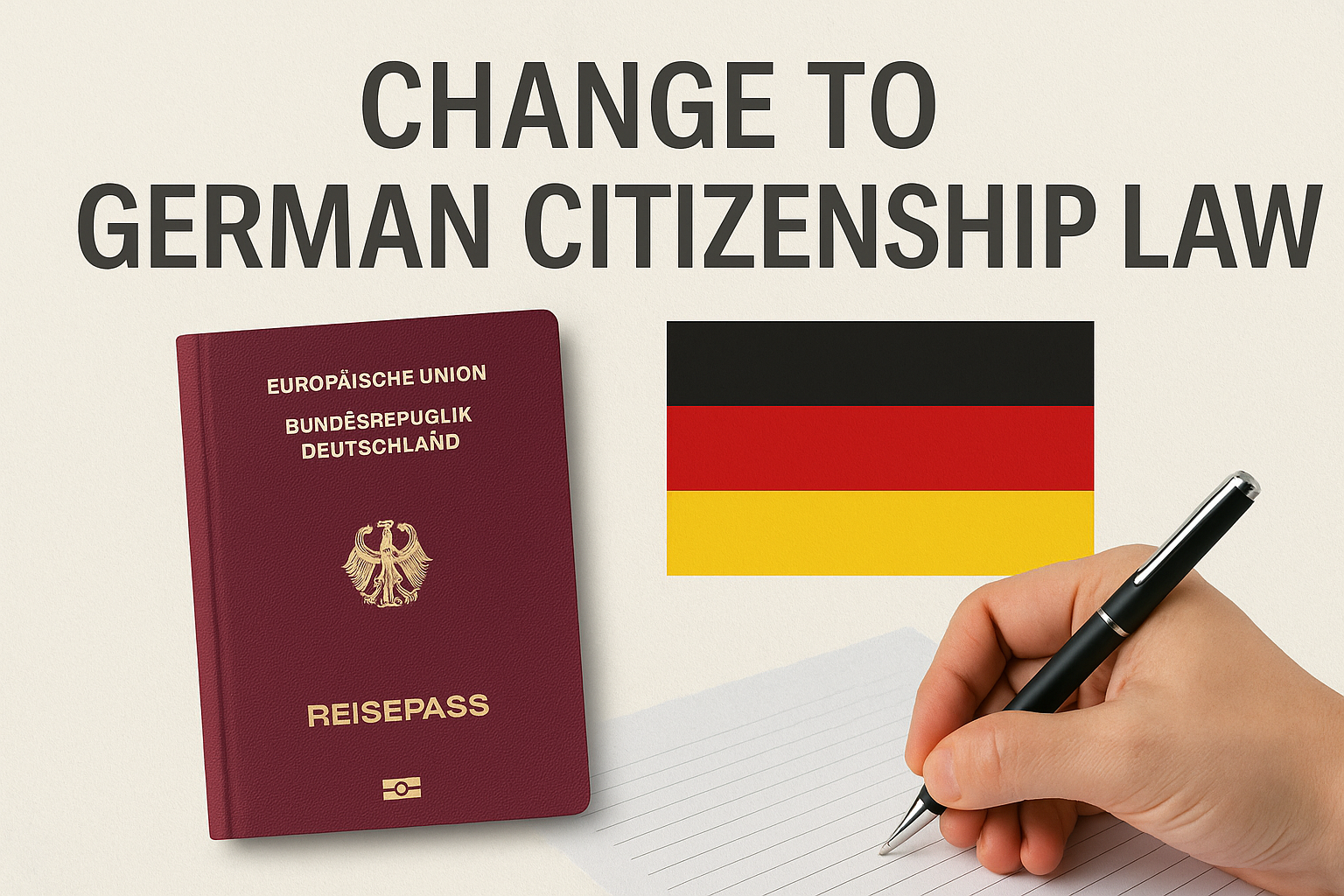- Home
- Information Hub - Germany
- Why TV & Radio Tax Exists ...
Why Is the TV & Radio Tax Mandatory in Germany?
If you’re living in Germany—whether as a student, expat, or working professional—you’ll soon come across the Rundfunkbeitrag, commonly known as the TV and radio tax. This mandatory fee applies to every household, regardless of whether you use traditional broadcasting services. It helps fund public broadcasters like ARD and ZDF, supporting independent journalism, cultural content, and educational programming. In this article, Indo-German Spectrum explains what the fee is, how much it costs, who has to pay, and why it matters for everyone residing in Germany.
For newcomers and expats moving to Germany, understanding the Rundfunkbeitrag is essential, as it is a non-optional charge that applies to all households, regardless of media consumption habits. Not being aware of this fee can lead to unexpected payment demands, making it crucial to know how it works.
In this article, we’ll explore how the Rundfunkbeitrag works, its significance, the programs and services it supports, and how much revenue it generates for Germany’s public broadcasters.
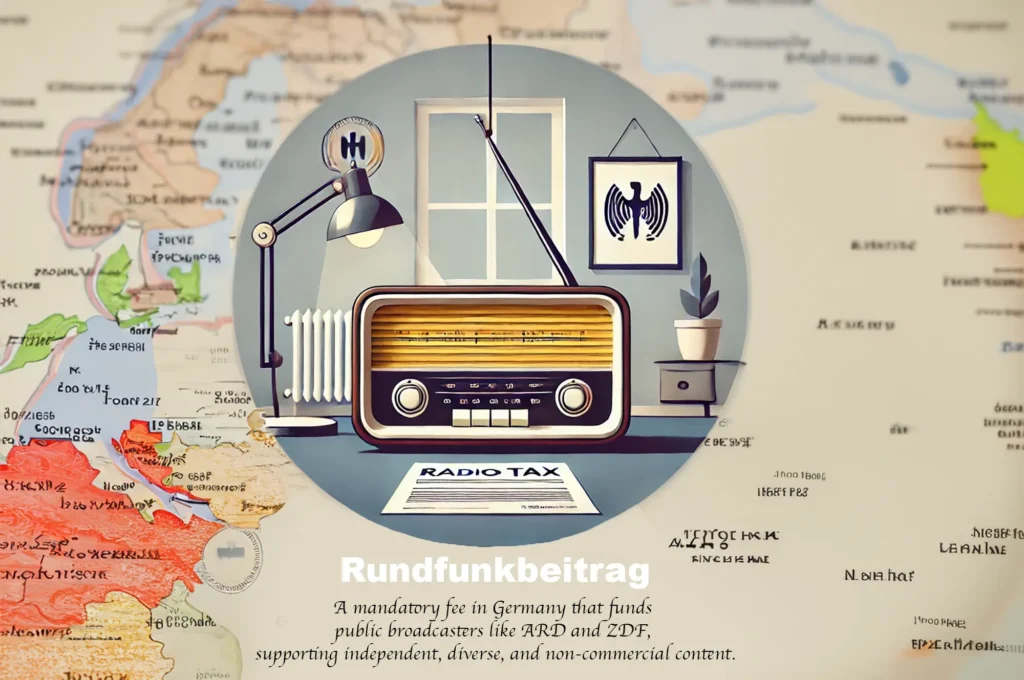
Most asked questions:
What is the Rundfunkbeitrag and why do I have to pay it?
How much is the Rundfunkbeitrag in 2025?
Do I have to pay the broadcasting fee if I don’t watch TV or listen to the radio?
Do expats and international students have to pay the Rundfunkbeitrag?
Who is exempt from paying the Rundfunkbeitrag?
What happens if I don’t pay the Rundfunkbeitrag?
Rundfunkbeitrag: What Is It and Why Does It Exist?
The Rundfunkbeitrag is a compulsory monthly fee of €18.36 per household in Germany, designed to finance the country’s public broadcasting system. This fee was introduced in its current form in 2013, replacing the older system that charged residents based on media ownership (such as televisions or radios). Today, the fee is universal—it applies to every household, regardless of whether the residents own a TV, radio, or internet-enabled device. The rationale behind this is that every resident benefits from public broadcasting, either directly or indirectly, through access to information, culture, and entertainment.
For newcomers in Germany, it is important to note that this fee is automatically assigned to each registered household. Once registered at a new residence, a letter from the ARD ZDF Deutschlandradio Beitragsservice will usually arrive, requesting payment details.
The fee supports Germany’s public broadcasters, which include ARD, ZDF, and Deutschlandradio, ensuring that these channels can continue to operate independently, free from commercial or political pressures. The Rundfunkbeitrag provides the necessary funds for these broadcasters to offer a wide range of programming, including news, documentaries, entertainment, cultural programs, and sports.
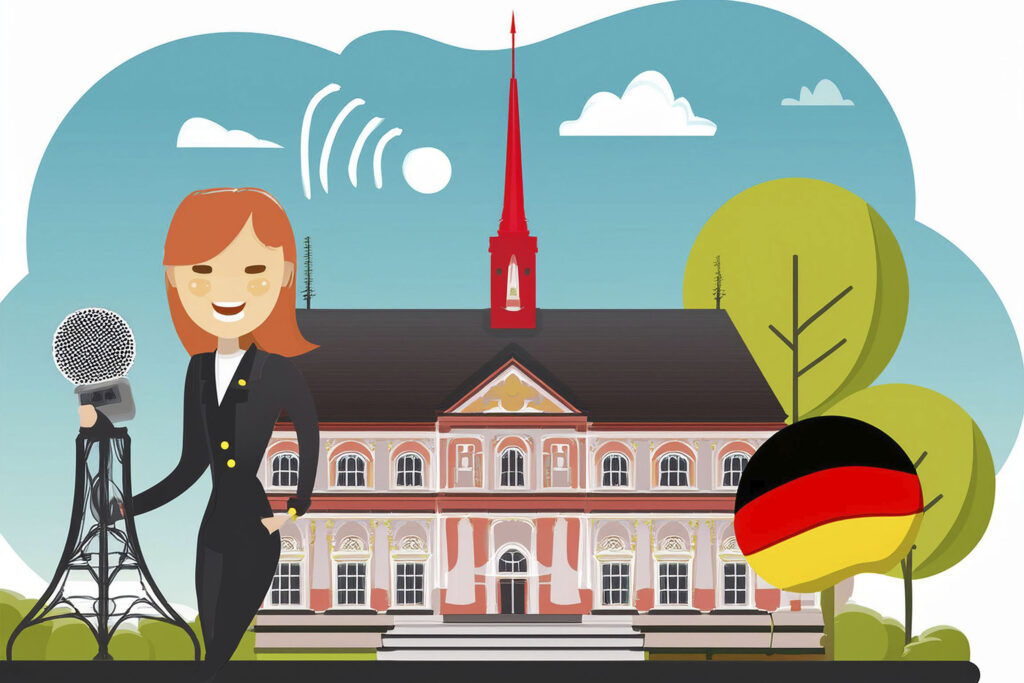
How Does the Rundfunkbeitrag Support Public Broadcasting?
Germany’s public broadcasting system is built on the principle of public service media, which means that the content is created for the benefit of society rather than for profit. Public broadcasters aim to provide unbiased, comprehensive, and educational programming that reflects the diversity of Germany’s population. This is in stark contrast to commercial broadcasters, which rely on advertising revenue and are often driven by market forces.
The Rundfunkbeitrag ensures that Germany’s public broadcasters can remain independent of commercial interests. The fee enables broadcasters like ARD, ZDF, and Deutschlandradio to produce content that serves the public interest, including investigative journalism, cultural programs, educational shows, and children’s entertainment, all free from the influence of advertisers.
The fee also supports regional broadcasting stations within Germany’s federal structure, ensuring that the voices and needs of different regions are represented in public programming. For example, ARD is a consortium of regional broadcasters, each responsible for producing content specific to their area. This regional diversity is one of the key strengths of Germany’s public broadcasting system.
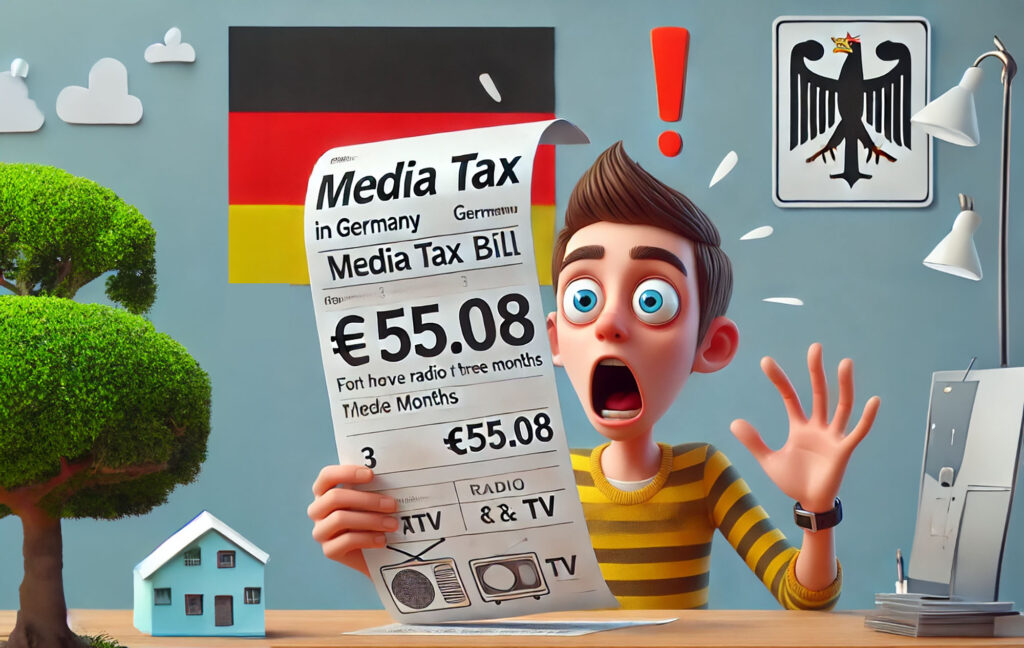
How Is the Rundfunkbeitrag Collected?
The Rundfunkbeitrag is collected per household, not per individual. This means that if multiple people share an apartment, only one person is responsible for making the payment, and the cost can be split among roommates. If you live alone, you are fully responsible for the payment.
New residents will automatically receive a letter requesting payment details. It is important not to ignore this letter, as failure to pay can lead to additional fines and collection procedures.
Exemptions and Reductions
Certain groups may qualify for exemptions or reductions, including:
Students receiving BAföG financial aid (without living with their parents).
People with severe disabilities that meet the eligibility criteria.
Recipients of unemployment benefits or welfare support.
Applications for exemptions must be submitted with appropriate documentation via the ARD ZDF Deutschlandradio Beitragsservice website.
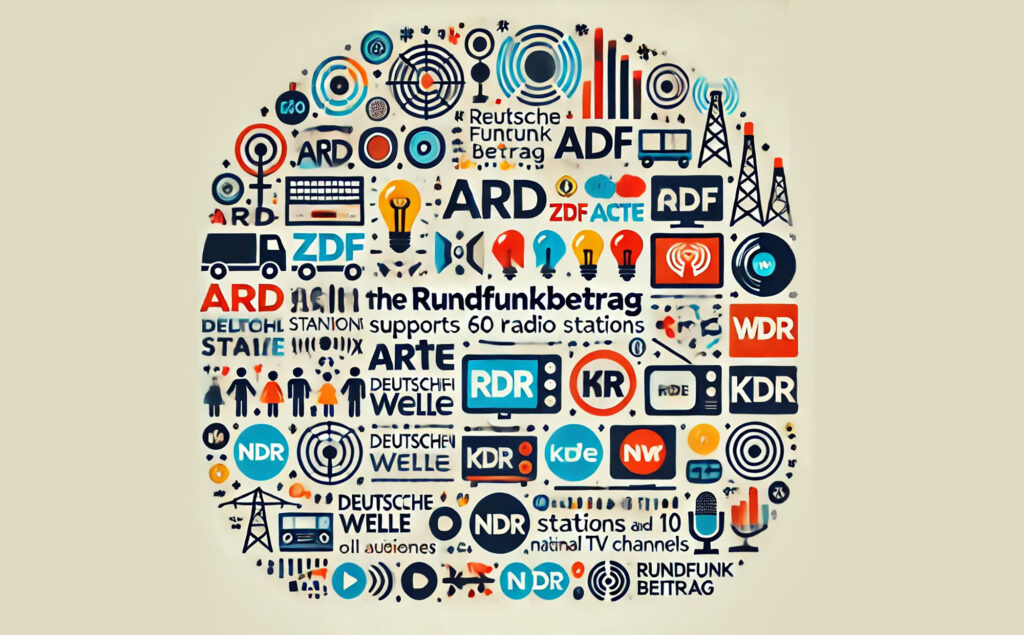
Public Reception and Criticism
While the Rundfunkbeitrag plays a crucial role in sustaining Germany’s public broadcasting system, it has been met with both support and criticism. Supporters argue that it ensures high-quality, unbiased journalism and cultural content, free from commercial interests. Critics, however, question the mandatory nature of the fee, especially for those who do not consume public broadcasting services. Legal challenges have been raised, but courts have consistently upheld the system as a necessary means to maintain a well-funded, independent media landscape.

The Rundfunkbeitrag is more than just a broadcasting fee—it reflects Germany’s commitment to maintaining an independent, high-quality, and culturally diverse media landscape. For residents, including expats and newcomers, understanding how this system works is an important part of integrating into daily life in Germany.
While policies and procedures may evolve, staying informed through official channels ensures transparency and helps avoid unnecessary complications. Taking a moment to understand the purpose and structure behind the contribution allows everyone to participate more confidently in a media system that serves the public interest across all backgrounds.





